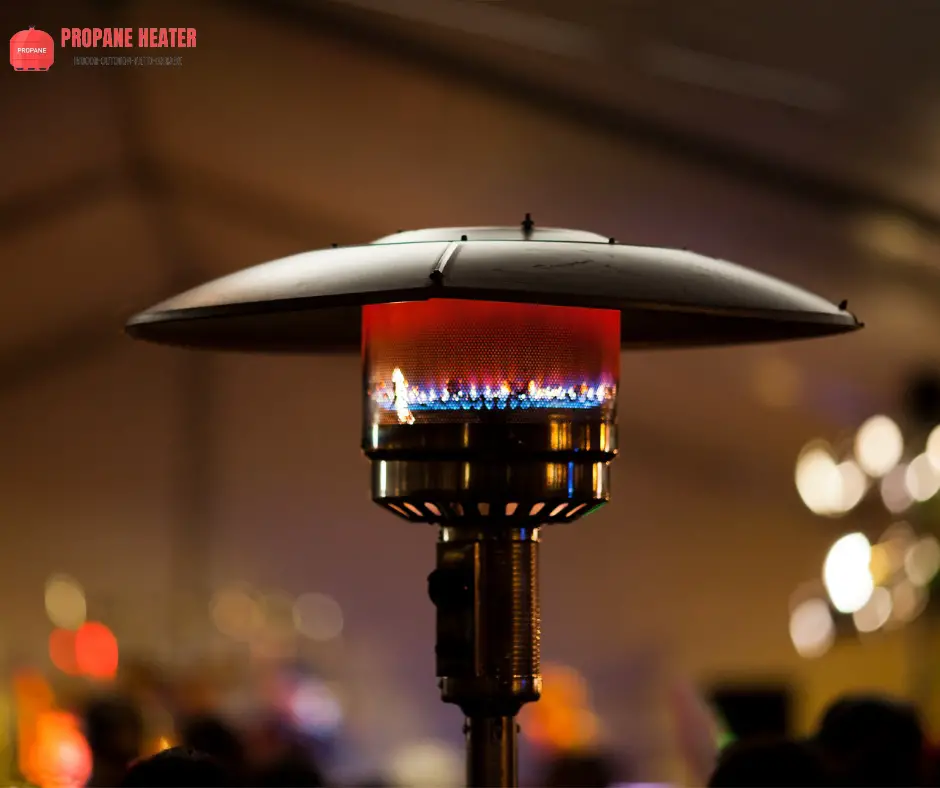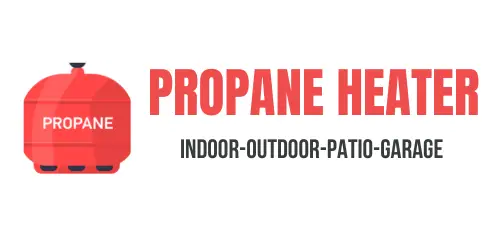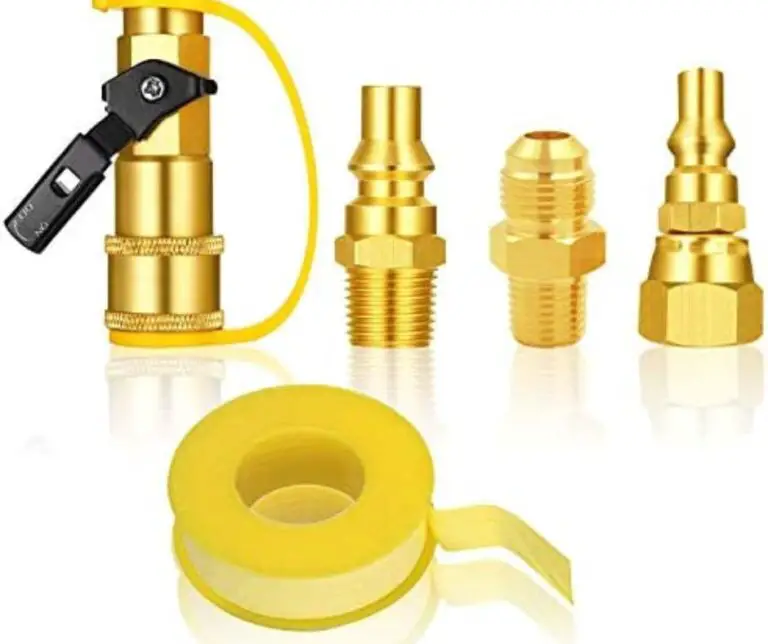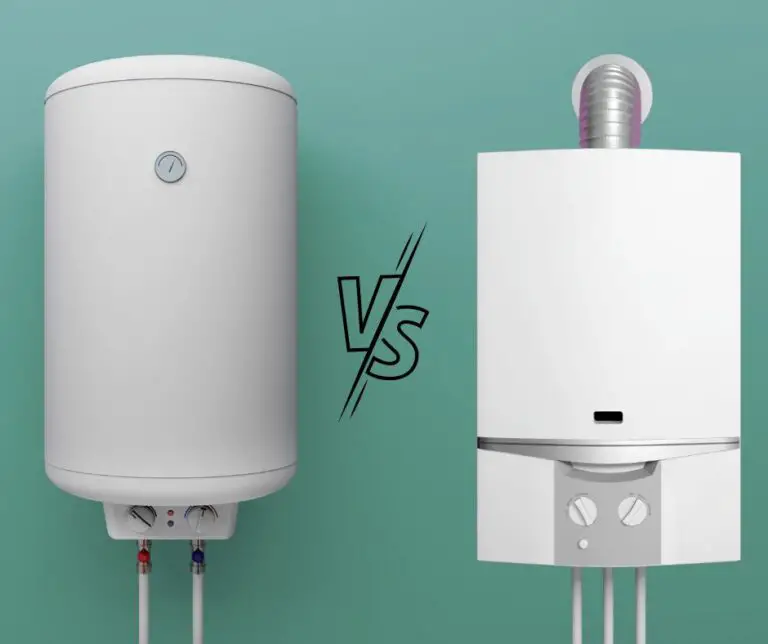
Propane heaters are great for your garage. You can use them to keep it warm, or even cool if you’re living in a hot climate. If you’re thinking about using a propane heater in your garage, then you want to make sure that it’s safe and effective. This guide will tell you all about using propane heaters indoors and what to look out for when using them near flammable materials or open doors.
Is It Safe to Use a Propane Heater With the Garage Door Open?
It’s safe to use a propane heater indoors, even with the garage door open. Propane heaters are designed to be used in both indoor and outdoor settings. If you’re using a propane heater inside your home, it’s best to open windows or doors so that the heat can escape and circulate throughout your home. This will help keep temperatures at comfortable levels while reducing humidity levels in your garage.
Is Propane Heater Safe in an Attached Garage
Yes, it is. Propane heaters are generally safe to use in an attached garage that has good ventilation and proper installation. Even better, many propane heater models have multiple settings that make them work as well or better than electric space heaters.
An open door means there’s more room for the heat to escape, so if you have a large garage with just a small door opening into it then consider getting a propane heater with adjustable heat output settings (sometimes called “thermostat” controls).
This will let you control how much heat comes out of your heater based on how big your open doorway is the more open space around it, the less hot air will escape through the gap at any given time.
Can You Heat a Garage With a Propane Heater?
You can heat a garage with a propane heater, but there are some restrictions. First, you should open the garage door so that there is no direct path for fumes to travel to your home. Second, place the heater at least 10 feet from the door opening.
This will provide a buffer between your family and any harmful emissions resulting from a potential leak. If you follow these instructions and still have concerns about safety in your home, contact your local fire department or gas company immediately.
Pros of Using a Propane Heater in a Garage
Propane heaters are portable and can be used anywhere, unlike electric heaters which must be plugged into a wall outlet. Propane heaters are safer than electric heaters because they don’t create sparks or open flames. They can also be used in wet environments, such as a garage during the winter when it’s raining outside.
Propane heaters are cheaper than electric ones because you won’t need to pay for electricity.
Cons of Using a Propane Heater in a Garage
If you use a propane heater in your garage, it’s very likely that the heater will start a fire. Propane is highly combustible and can ignite when exposed to sparks or open flames.
If you have any gasoline-powered equipment in your garage that creates sparks, such as chainsaws or lawnmowers, then it’s best not to use a propane heater there at all.
How Long Can You Run a Propane Heater in a Garage?
Propane heaters are safe to use in a garage, but you should follow some simple rules to ensure that both your garage and your propane heater are safe.
The first thing you need to consider is the size of your propane heater. If you have a small one, it won’t be able to warm up a large space very quickly and will have to be turned off more often than if you had a larger model. The same goes for how long it takes for the unit to reach maximum temperature—the larger ones generally get there faster than smaller ones do.
Once you’ve determined that your garage will be comfortable with an appropriately sized unit, there’s another factor that can help determine how long it’ll take before things get too hot: temperature setting!
A higher setting will mean faster heating up time but also increased energy consumption (and costs). You don’t want either one of these factors outweighing the other at this point; instead, aim for balance by keeping both issues in mind when making decisions about whether or not running something like this all day long would actually be worth it.
Do You Need Ventilation When Using a Propane Heater?
You’ll need to vent the propane heater. The garage door should be open, and if possible, a window can also be opened on the opposite side of your garage to allow for additional ventilation.
Do not use your propane heater in a confined space or poorly ventilated area—this can cause carbon monoxide poisoning if combustion gases are trapped in an enclosed area.
Is It Safe to Use a Patio Heater in a Garage With the Door Open?
No, it’s not safe to use a patio heater in a garage with the door open. You may think that this would be fine because then you won’t have to worry about fumes from your car or other items that you’re stowing away in there. However, when using this type of heater indoors, carbon monoxide can build up and cause carbon monoxide poisoning.
If you want to make sure that you’re using your patio heater safely, only use it outdoors on the patio where there is plenty of ventilation. Be sure not to leave it unattended while turned on—carbon monoxide poisoning can happen quickly.
How to Heat a Garage With Propane Heater
- Turn off the propane heater when you are not using it.
- Keep the propane heater at least 20 feet away from the house, and do not run it in a closed garage or shed. This will help prevent carbon monoxide poisoning.
- Ventilate your garage with a window or door open to allow fresh air in, which helps prevent carbon monoxide poisoning as well. Carbon monoxide detectors can be helpful for monitoring indoor air quality even when there is an open window or door present, though keep in mind that these devices don’t detect all types of gases and vapors (e.g., methane), so you should still have an extra layer of protection by making sure there is adequate ventilation in your garage before turning on propane heaters.
How Much Propane Do Garage Heaters Use?
The amount of propane a garage heater uses is based on the size of your garage and how cold it is. A large garage will require more fuel to heat than a smaller one, as well as in colder weather.
A typical propane heater will use about 1 pound of propane per hour when operating at maximum capacity. This means that if you have a small space like an enclosed carport or shed and run your heater for 8 hours straight, you’ll burn through just over 8 pounds of fuel—enough to refill most tanks at least once.
If your space is larger or if it’s freezing outside (or both), expect this number to go up significantly: Your heat may need more time and energy to warm up the space before turning itself off when completely warmed up; this means more gas burned throughout its entire lifespan!
Conclusion
So, should you use a propane heater in your garage? Well, that depends. It’s important to remember that this type of heating equipment can be dangerous when used improperly, so you should always follow the manufacturer’s instructions and keep your family safe! If you do decide to go this route, make sure you have proper ventilation while using it—and don’t forget about turning off the power before leaving the house or going to bed!

I am Richard A. Jackson man behind propane heating solution, An HVAC expert working as a team lead of the heating department, Provide services all over the USA (around all major cities), and from planning to implementation, you will get all your solution here. We provide various tanks (propane and other natural gases) and deal with disposable waste.



